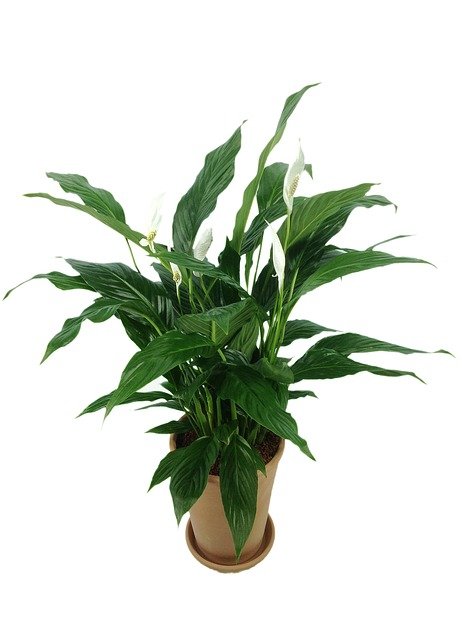We include products we think are useful for our readers. If you buy through links on this page, we may earn a small commission. Here’s our process.
Air purifiers can help filter allergens, pollutants, and irritants out of the air and improve air quality in the home or workspace. Air purifiers often use a filter, electrostatic, or UV light-emitting technology to remove particles from the air.
Quick links
Air purifiers help remove particles from indoor air. The particles they can remove include:
Air filters are typically effective in a single room or area of the house. The Environmental Protection Agency (EPA) states that, although air purifiers can reduce indoor air pollution, they cannot remove all the particles from the air.
Air purifiers can help improve the quality of the air. There are three types of filters available:
- Filtered air purifiers: Capture pollutants in the air and trap them in a filter cartridge.
- Electrostatic air purifiers: Create charged particles and then use the charge to attract and trap the particle in the filter.
- UV light-emitting air purifiers: These devices use UV light to neutralize certain pollutants, such as bacteria and viruses.
The EPA says that an air purifier should come with a clean air delivery rate (CADR) — a higher rate indicate the purifier’s ability to filter larger areas or rooms.
Other health experts state that electric air purifiers, such as electrostatic and UV light-emitting purifiers, create ozone gas. In addition to these types, ionizers and hydroxyl generators also produce ozone gas. The specialists warn that these types of filters can create potentially hazardous indoor air pollution.
The Environmental Working Group states that people should use a high-efficiency particulate air (HEPA) filter to prevent air filters from emitting ozone.
Air purifiers can reduce harmful particles, such as allergens and certain gases, indoors. The EPA states that a person should look for the following types of filters based on their needs. For example, to help remove allergens and larger particles, individuals should look for a purifier with a (HEPA) filter. And to reduce gases or fine particles, such as smoke, people should look for an activated carbon filter.
In a 2021 review of studies, researchers looked at scientific evidence related to the effectiveness of air purifiers. They found limited evidence on the efficacy of air purifiers, with the investigated studies suggesting that portable …….
Source: https://www.medicalnewstoday.com/articles/air-purifiers
